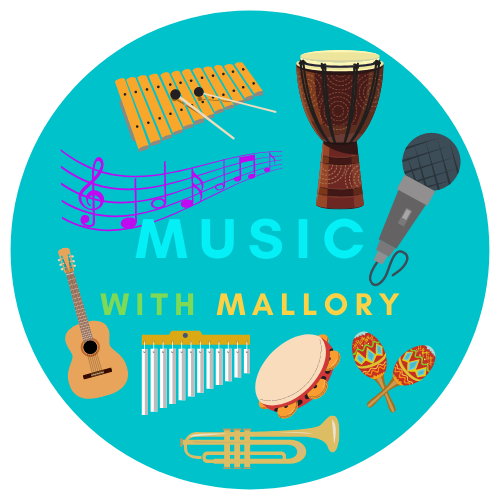Music Therapy
What is Music Therapy?
Music Therapy is a complementary health care therapy that uses music as the therapeutic mode to work on goals. These goals may be categorized under cognitive and academic skills, physical and motor functioning, social interaction, sensory needs, behavior, communication, emotional expression and regulation, and musical skills.
Personalized objectives are written after an assessment session and are worked on regularly through music experiences that may include playing instruments, listening to music, playing musical games, singing, dancing, discussion, and much more.
A board-certified Music Therapist has undergone a college degree in Music Therapy from a nationally accredited university and passed the national board-certification exam after 1200 hours of clinical training, including service learning, practicums, and a six-month clinical internship.
Music Therapy has an extensive research base and has proven effective in improving or maintaining motor skills, aiding in emotional expression, regulation, and reflection, reducing perceptions of pain, aiding in communication, regulating sensory needs, and improving social skills, to only list a few. To learn more, visit www.musictherapy.org.
Examples
Here, a Music Therapist named Ryan Judd shows some great snapshots of sessions and what Music Therapy could look like with specific clients.
Here, a specific branch of Music Therapy, called Nordoff Robbins or Creative Music Therapy, demonstrates just how much music can be used to interact with clients in a fun and engaging way!





